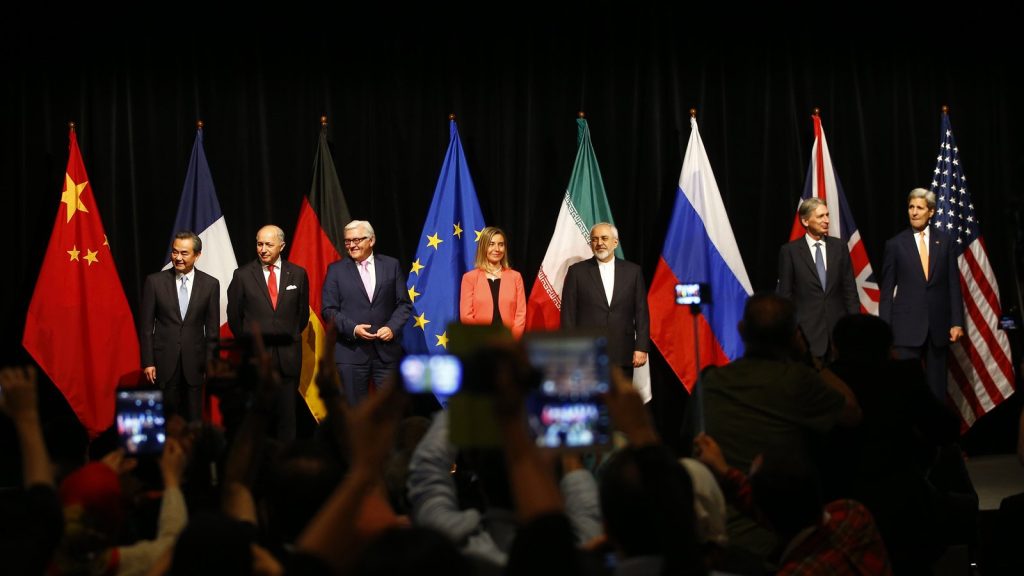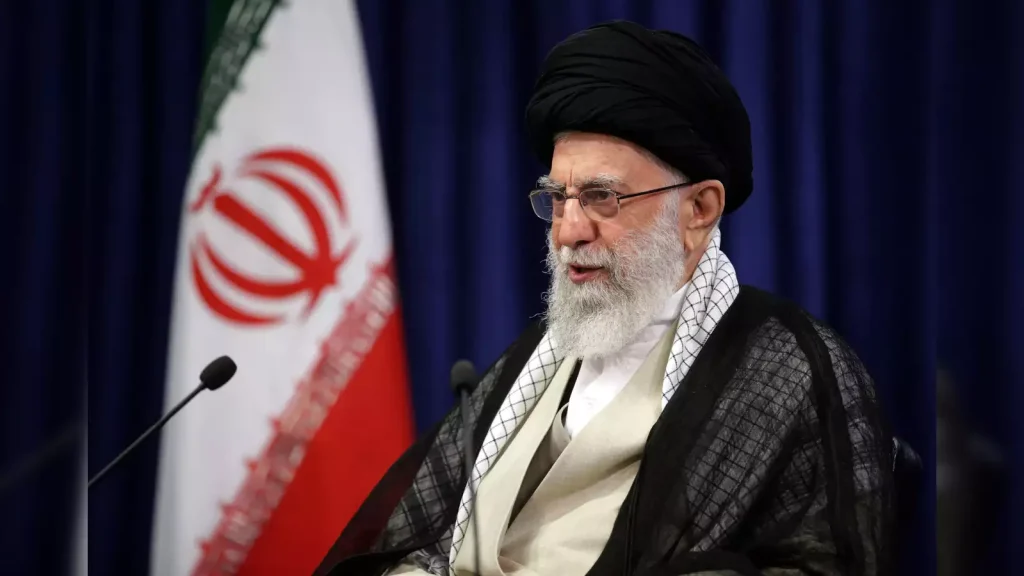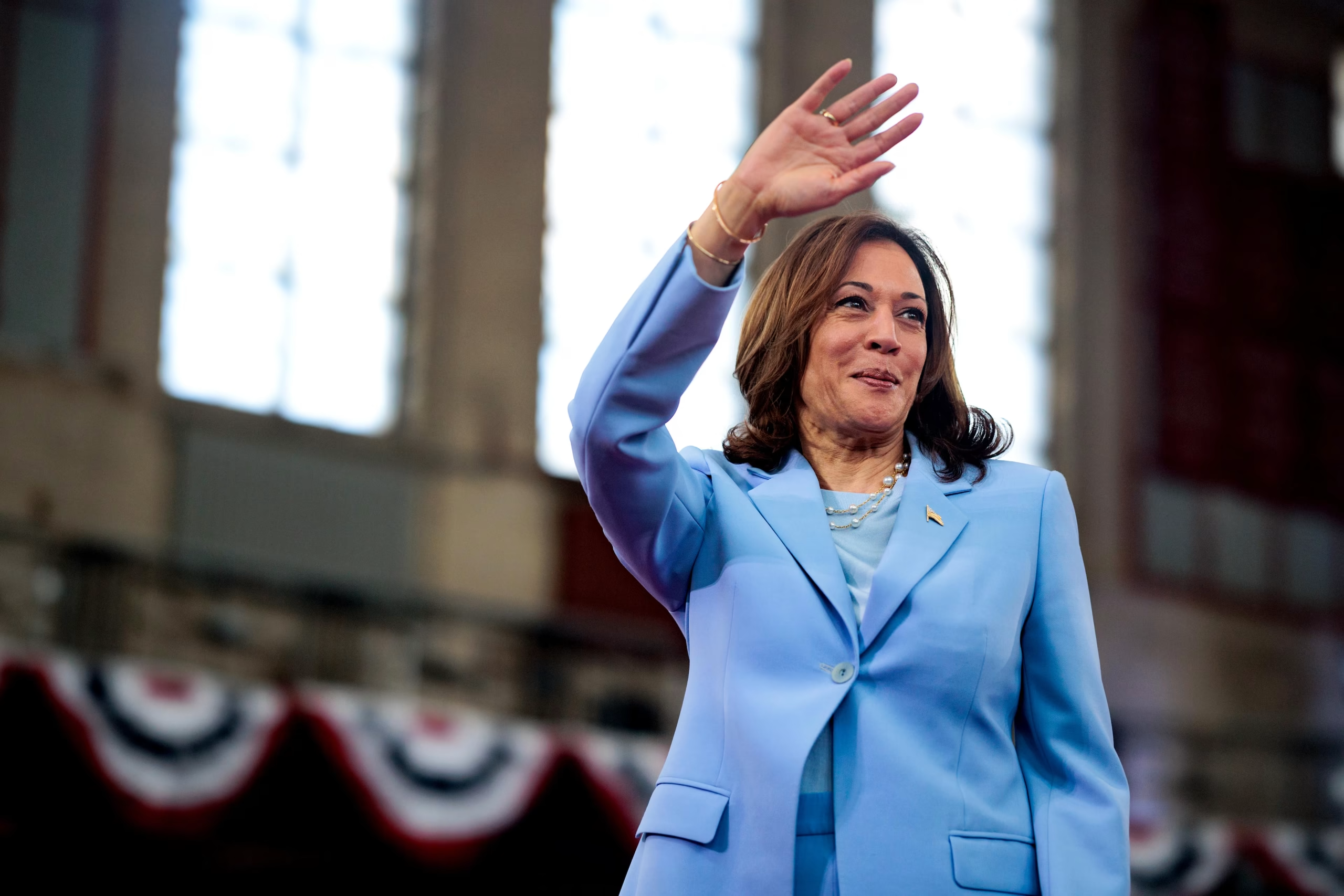As the 2024 presidential race heats up, speculation is growing about how Vice President Kamala Harris might approach foreign policy if she were to win the White House.
One area of significant interest is her stance on Iran, particularly in light of the controversial Joint Comprehensive Plan of Action (JCPOA), commonly known as the Iran nuclear deal.
A Potential Return to Diplomacy with Iran
Joel Rubin, a Democratic strategist and former deputy assistant secretary of state for legislative affairs in the Obama administration, believes Harris would likely seek a new nuclear agreement with Tehran.
“The idea that the old nuclear deal can just be restarted, we’re past that. Iran’s progress on its nuclear program has exceeded the previous limitations,” Rubin explained. He emphasizes that any future deal must be firm and verifiable, aiming to prevent Iran from accelerating its nuclear weapons capabilities.
According to Rubin, Harris fits the profile of a “realistic president-to-be,” someone who understands the complexities of international diplomacy and the importance of a robust, enforceable agreement.
If Kamala Harris were to become president, a renewed focus on a nuclear deal with Iran could be on the agenda, reflecting her commitment to global security and non-proliferation.
The Legacy of the Iran Nuclear Deal

The JCPOA was signed in 2015 during President Barack Obama’s administration, with Iran and key international players, including the United States, the European Union, and members of the United Nations Security Council.
The deal was designed to limit Iran’s nuclear program in exchange for lifting economic sanctions. However, the agreement faced strong opposition from Republicans and some moderate Democrats, who argued that it was too weak to effectively curb Iran’s nuclear ambitions.
Critics also feared that lifting sanctions would embolden Iran’s anti-Western leaders. In 2018, President Donald Trump pulled the United States out of the agreement, arguing that it was flawed and did not adequately address Iran’s behavior in the region.
Despite the withdrawal, Obama’s allies have continued to defend the deal as a necessary compromise to reduce the nuclear threat from Iran and bring Tehran to the negotiating table.
Challenges and Opportunities for Harris
Revisiting the nuclear deal with Iran would not be without challenges for Harris. The geopolitical landscape has shifted since the original agreement was signed. Iran has advanced its nuclear program, and tensions between Iran and the United States have escalated.
Yet, Rubin insists that a new, verifiable nuclear agreement is the best path forward to ensure global security.
“There has to be a way to curb Iran’s nuclear ambitions. If they were to get a nuclear weapon, that would be a threat to the region and to the world, including, of course, the United States. But it is not going to be an easy way forward,” Rubin said.
During her 2020 presidential campaign, Kamala Harris expressed her intention to rejoin the Iran deal if elected. Although her current stance on the matter in her 2024 campaign is not entirely clear, it is expected that any attempt to reengage with Iran would draw criticism from Republicans.
They may accuse her of empowering a regime that has grown increasingly aggressive toward the U.S. and its allies.
Iran’s Stance and Future Negotiations

Iran’s supreme leader, Ayatollah Ali Khamenei, recently hinted at a willingness to return to nuclear negotiations. He mentioned that there could be “no harm” in engaging with an “enemy” under certain circumstances, according to reports from The Associated Press.
However, the Biden administration has indicated that rejoining the JCPOA is “not on the table right now,” according to a State Department spokesperson.
This leaves Kamala Harris in a potentially difficult position. On one hand, there is an opportunity to explore diplomatic avenues with Iran. On the other hand, she risks facing significant political backlash from those who view any engagement with Iran as a concession to a hostile regime.
A Delicate Balancing Act
If Kamala Harris wins the presidency, her approach to Iran and the possibility of pursuing a new nuclear deal will be closely watched. The complexities of such a deal require careful navigation of both domestic and international politics.
Harris’s previous support for rejoining the JCPOA suggests she values diplomacy as a tool for enhancing global security. However, the realities of a more advanced Iranian nuclear program and the political divisions within the U.S. may make this an uphill battle.
Ultimately, Harris’s potential presidency could mark a return to diplomacy with Iran, but it will require a deal that is both stronger and more enforceable than its predecessor.
As the 2024 election approaches, this issue is likely to be a significant topic of debate, reflecting the ongoing challenges of managing nuclear proliferation in a volatile world.





